Your company is ready to launch a new product. This is an exciting time for you and everyone else involved.
Depending on your industry and brand, you’ve spent months or potentially even years developing this product.
As you approach the final stages of development, you’re starting to get a bit anxious. I can totally relate to this feeling. You’ve spent so much time, effort, and money on this that you want to make sure that it’s successful.
If your new product isn’t a hit and doesn’t sell, it could be a crushing blow, both financially and psychologically for your brand.
Here’s what you need to realize. Your product may be outstanding, but if you don’t promote the release properly, nobody is going to buy it.
Sure, you may get the occasional sale from someone walking through the aisles of your physical location or browsing online at your ecommerce store, but that’s not enough to drastically increase your revenue.
There’s no reason to wait until your product launches to start promoting it. That way the introduction phase of your product life cycle will have higher sales.

Building hype for your new product will have consumers anticipating the launch. That way, you’ll start to get sales immediately on release day.
If your last product launch wasn’t too successful, you might need some tips on how to improve your strategy the next time around. That’s why I created this guide. It’s also great for anyone who is releasing a new product for the first time.
Here’s the best way to build hype and drive sales.
Identify your market segment
First, you’ve got to figure out who will be using your new product. This isn’t the same thing as identifying the target audience of your brand.
Sure, you already know who your customers are, but will all of your customers be using your new product?
Here’s a really basic and obvious example to show you what I’m talking about. Let’s say you have a clothing brand. You sell a variety of products for both men and women.
The new product that you’re releasing is a sports bra. Obviously, the market segment here is athletic women.
You can develop a customer persona to get more information about this segment of your customer base. Here’s an example of what this looks like.
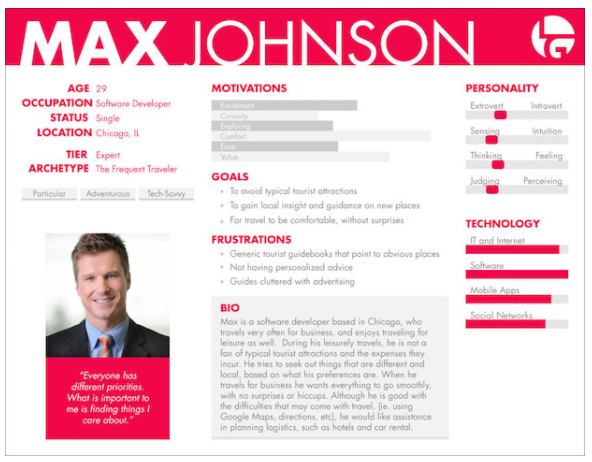
This is really important for brands that have a diverse line of products. Not every single customer of your will be interested in the new launch.
So it’s a waste of time, money, and resources if you market to everyone and anyone who walks through your doors.
Instead, take advantage of your customer information that you have on file. You may have email lists segmented into certain categories.
Send out messages to the subscribers who fit the description of your customer persona.
Work backward
Think about your end game and start there. It’s an interesting strategy, but it helps everyone on your team get on the same page.
It’s always a great idea to follow the advice of successful companies. Jeff Bezos, the founder of Amazon, says that his business employs this strategy for new product launches.
Write a mock press release. Explain exactly what your new product is and why you made it. Talk about the top features, benefits, and differentiation factors.
Keep this description clear, concise, and to the point.
Come up with a potential frequently asked questions list. What kind of problems, inquiries, or instructions would a customer have if they bought the product?
Put yourself in the shoes of a neutral person who has no prior knowledge of the product and how it works. Will they be able to figure it out?
Outline the customer experience. Determine how different people will use the product. Imagine every possible circumstance that the item could be used for.
Next, write your user guide. This should be a step-by-step instruction page that describes everything the customer needs to know about how to set up, use, and troubleshoot the product.
Once all of these steps are outlined, it will make it easier for your company to brand the product and make sure that it’s ready to be marketed accordingly.
Start testing your product
Your new product needs to be tested constantly. It doesn’t matter what it is or what kind of industry you’re in, testing early will improve the final performance.
This statement holds true for both physical products as well as intangible products, such as software.
Testing needs to happen during each phase of development.
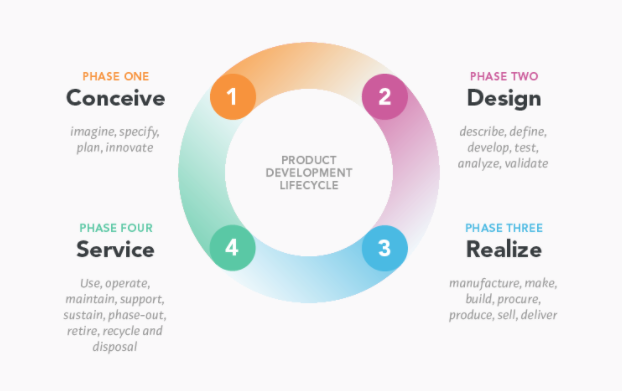
Testing early will make your life easier in the long run. But it also has promotional benefits.
If you can get your product into the hands of beta testers and focus group participants, it can start to build hype.
You’re killing two birds with one stone here. First, you’re getting valuable feedback to ensure quality control. Second, you’re getting the word out about the new item.
These testers could be influencers within certain industries. They may have blogs, websites, or connections to people who do as well.
If they talk about their experience on social media, you can start to get free promotion without putting in any effort. You should encourage your testers to do this.
Blog about it
Blogging has exceptional benefits for businesses. Promoting a new product is no exception to this strategy.
Take advantage of your existing blog.
You’ve got to find ways to talk about your new product without sounding too salesy. Your audience knows that you’re biased, so you can acknowledge that.
Say something like, “Obviously, I know I’m biased, but I’ve been working in this industry for a long time. This product is revolutionary and will change the way you do things.”
Talking about the product in your blog will build anticipation for your regular readers. They’re already familiar with your voice and brand, so they make be likely candidates to make a purchase when the item finally gets released.
Take a look at some of the other benefits of blogging.
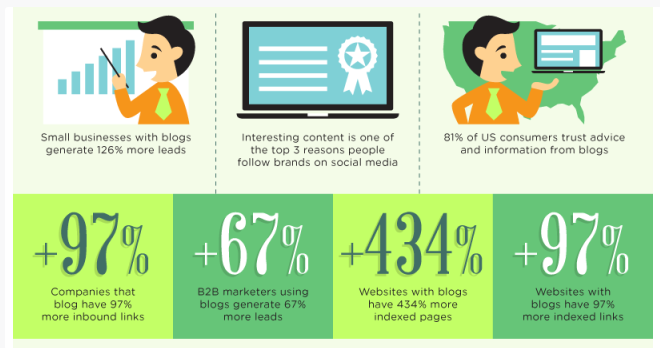
Blogging about your product will help you generate new leads and get more traffic to your website. These are both ideal scenarios for anyone who is getting ready to launch a new product.
The more traffic to your site increases the chances that you’ll get more sales.
You can also guest blogging as a strategy to talk about your new product. In most cases, this is free advertisement to a new audience.
The website your blogging for benefits because they get new content without having to do any work. You benefit from the exposure. So it’s a win-win for everyone.
Tease your audience
Sometimes the best way to build hype is to be mysterious. Don’t give it all away in your first promotional campaign.
People are curious by nature. If you tell them everything they need to know right away, they don’t have a reason to follow up to get more information.
But if you use teaser promos, it will stimulate their curiosity.
Here’s an example.
In 2017, Sony released the Xperia XZ Premium. This product won the award for the best new smartphone at the 2017 Mobile World Congress.
After winning an award last year, Sony released a teaser video to build anticipation for the 2018 MWC.
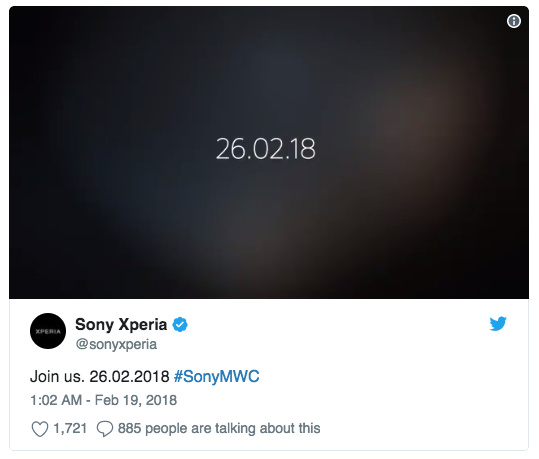
The video is 23 seconds long and doesn’t provide too much information. First, it shows and a hand, and then curved lines appear above it.
Then the video displays the date for the 2018 conference. As you can see, Sony released this video at a perfect time. The promo aired one week before the event.
This gets people talking. Are they releasing a new phone? Does it have a curved screen?
People let their imaginations run wild. Now, consumers will keep coming back to see if the brand releases further updates.
Promote your product at a special event
This piece of advice piggybacks off of our last tactic. Big events are a great time to talk about your new product launch.
You’ve got lots of eyes and ears on the event, especially if other companies in your industry are participating.
Events will also have other media outlets attending. So the press can hear about your new product and talk about it on their blogs, TV shows, or podcasts.
All of this is free promotion. It gets the word out there and gives people something to get excited about.
In addition to pitching your product at an industry event or conference, your company can hold especially event that’s only for your products.
Apple does this every year.
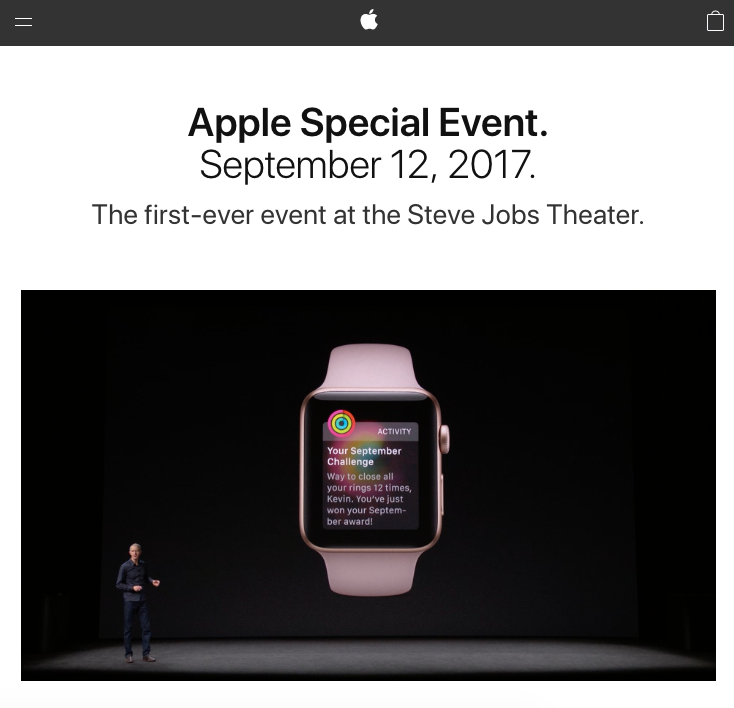
They use these keynote events to talk about the technology and features behind all of their newest products before they get released.
During their September 2017, they used this special event as an opportunity to announce six new products.
- iPhone X
- iPhone 8
- Apple Watch Series 3
- Apple TV 4k
- iOS 11
- watchOS 4
As you can see from the list, there is a huge variety between these products. They’ve got new phones, watches, TVs, and operating systems.
Since Apple does this every year, their customers are always ready for the events. The speakers discuss how all of the new products work and highlight the top features.
Then, when the product is finally available for purchase, customers already know what to expect.
Apple is an industry giant. So it’s definitely not a bad idea for you to follow their lead and apply this strategy to your company.
Add a video demonstration to your website
You’ve got to take advantage of videos as a marketing tool. I’m sure you’re using it for other areas of your business, so promoting a new product launch shouldn’t be an exception.
64% of customers make a purchase after seeing a branded video. More than half marketing experts across the world say that video content has the highest ROI compared to other content marketing strategies.
Furthermore, 95% of information gets retained when it’s watched in a video. This is ideal for a new product release.
Since your product isn’t available for purchase yet, you want to make sure that your promotional campaigns are memorable.
Take a look at how Vantage Robotics uses this strategy to promote a new product on their website.
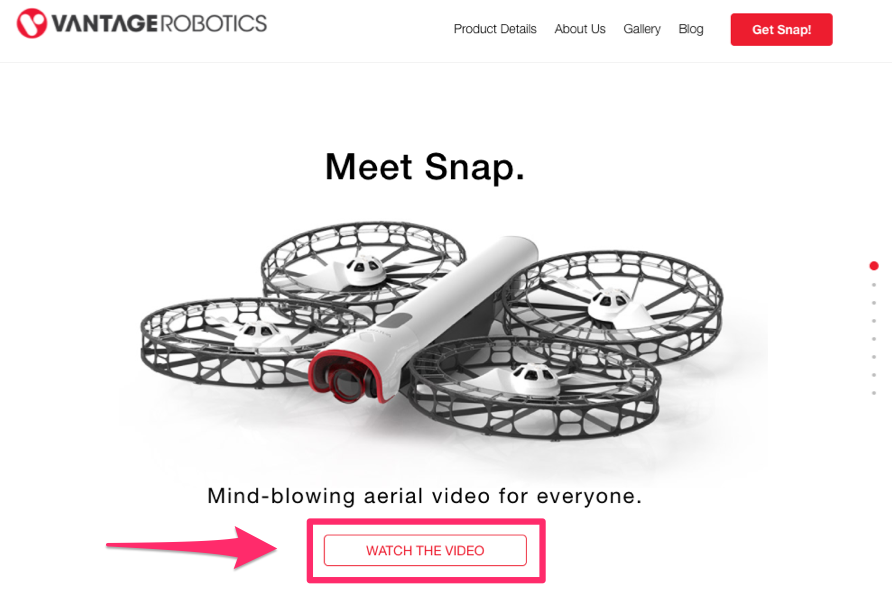
They’ve got video demonstrations for how the product works.
This is very important for certain industries, especially for those of you in technology. If you’re selling a t-shirt, you don’t need to really explain to your customers how it’s used.
But if you’re selling something like an aerial camera that follows people around and records a video, then there is probably a bit of a learning curve.
Video demonstrations help eliminate confusion. This relates back to what we talked about earlier, in terms of writing out your FAQ and user guides ahead of time.
Your video can answer any potential questions. Plus, when people see your product in action, they’ll be excited about the release and lined up to buy it.
Use all of your marketing channels
Don’t just use your website to promote your new product. Take advantage of all of your existing marketing channels.
Exhaust every resource.
Social media is a great place to start building hype. With the option for your followers to like, comment, and share your posts, it’s a perfect way to get even more exposure.
Plus, you’ll be able to get more engagement when you promote your products on social media.
Customers will be able to ask questions and hear back from you.
Don’t think that your marketing efforts need to be restricted to just a couple of channels or some posters inside your physical store locations.
The more marketing channels you use, the greater the exposure will be.
Start taking pre-orders
Why should you wait until your product officially hits the market to start making a profit?
Collecting money for pre-orders is a great way to build hype. Now, customers are invested. Making a purchase early shows them that your product is real and not just a concept.
They’ll also start telling their friends, family, and social media followers about their excitement.
Take a look at how this strategy was used for the DronePhone.
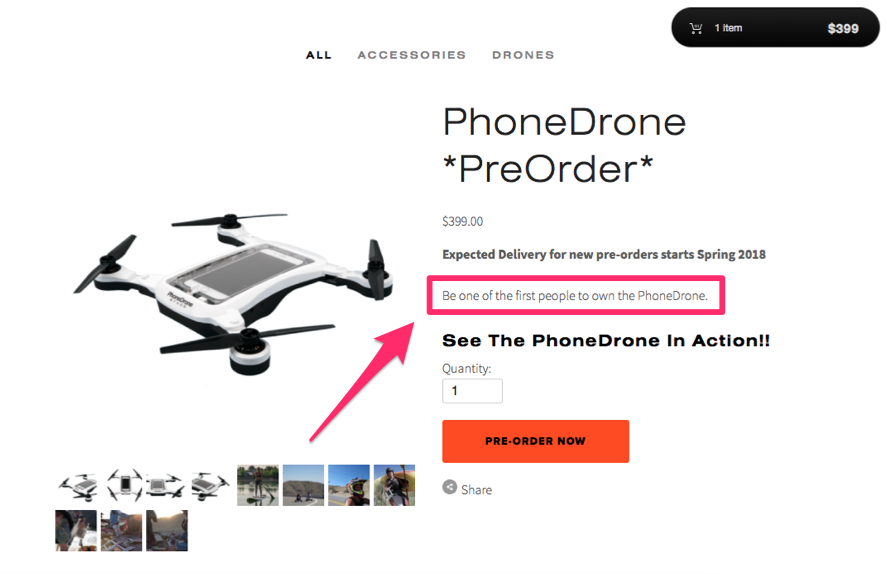
They market this pre-order as a way for consumers to be one of the first people to get this product.
If you’re releasing something that’s groundbreaking or revolutionary, this is a really cool pitch.
Conclusion
Don’t wait until your product is released to start marketing it. Start building hype in the early stages, even when it’s still being developed.
Segment the market within your overall target audience. Test your product and blog about it.
You can use teaser videos to generate curiosity from your customers.
Promote the product at a special event and use video demonstrations to show how it works. Use all of your marketing channels as a promotional method.
Start collecting money with pre-orders.
Once your product is ready for launch, make sure everything is working properly. You don’t want consumers to experience any problems.
Get your sales team ready. Your customer service representatives need to be educated and ready to answer any questions.
Don’t lose momentum. Keep promoting your product hard, even after the release.
If you follow this guide, you’ll have a successful and profitable product launch.
What strategies is your company using to build hype for your newest products?
from Quick Sprout http://ift.tt/2Gb8L7v
No comments:
Post a Comment